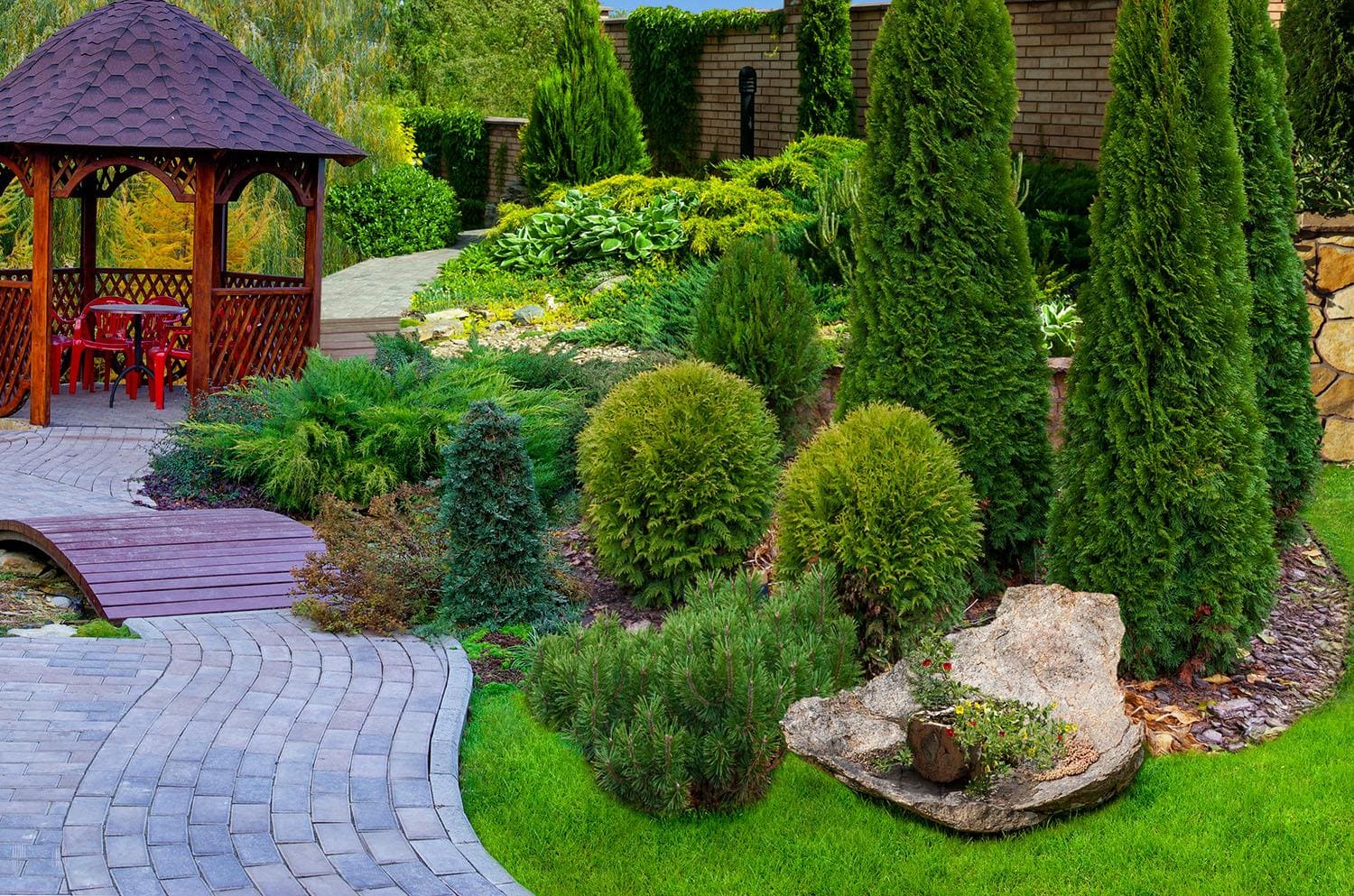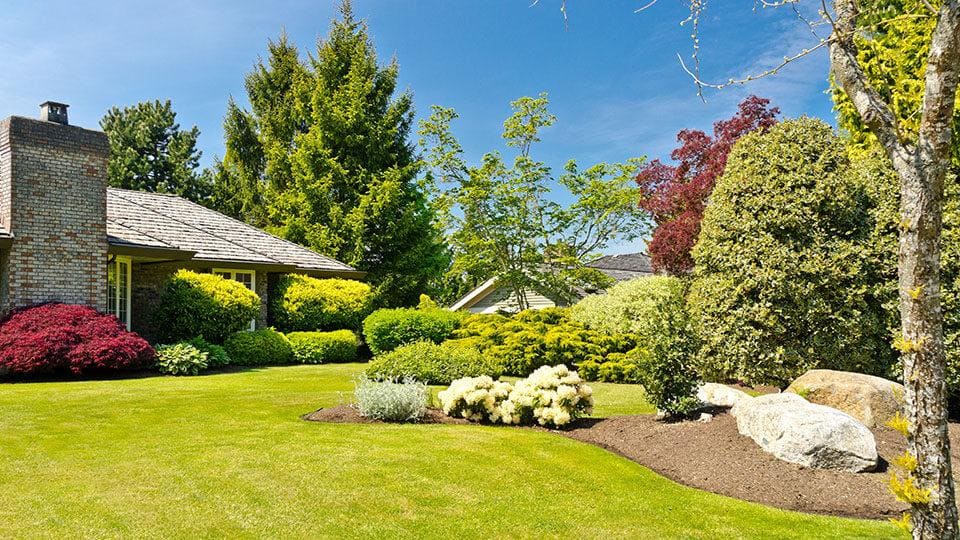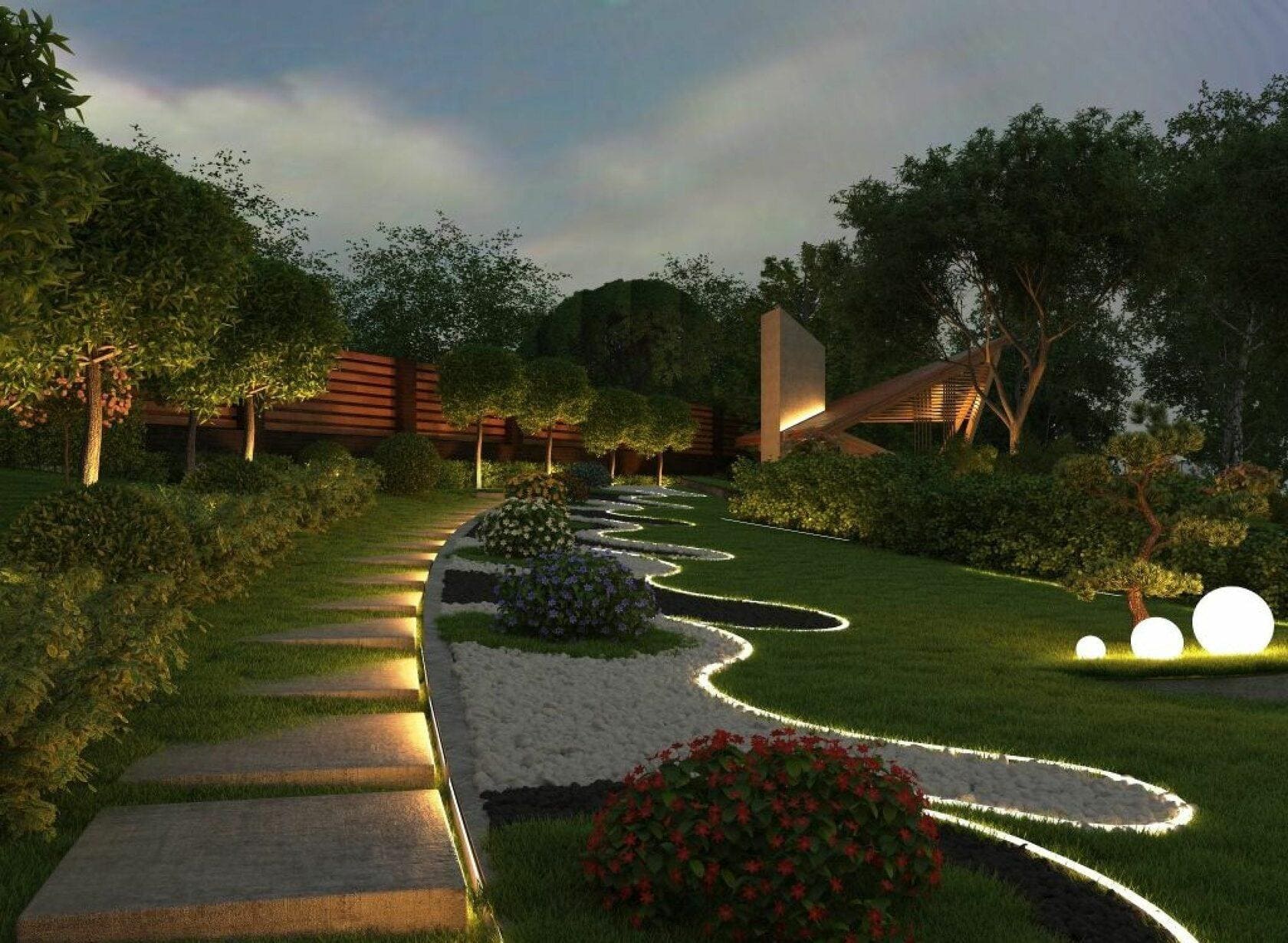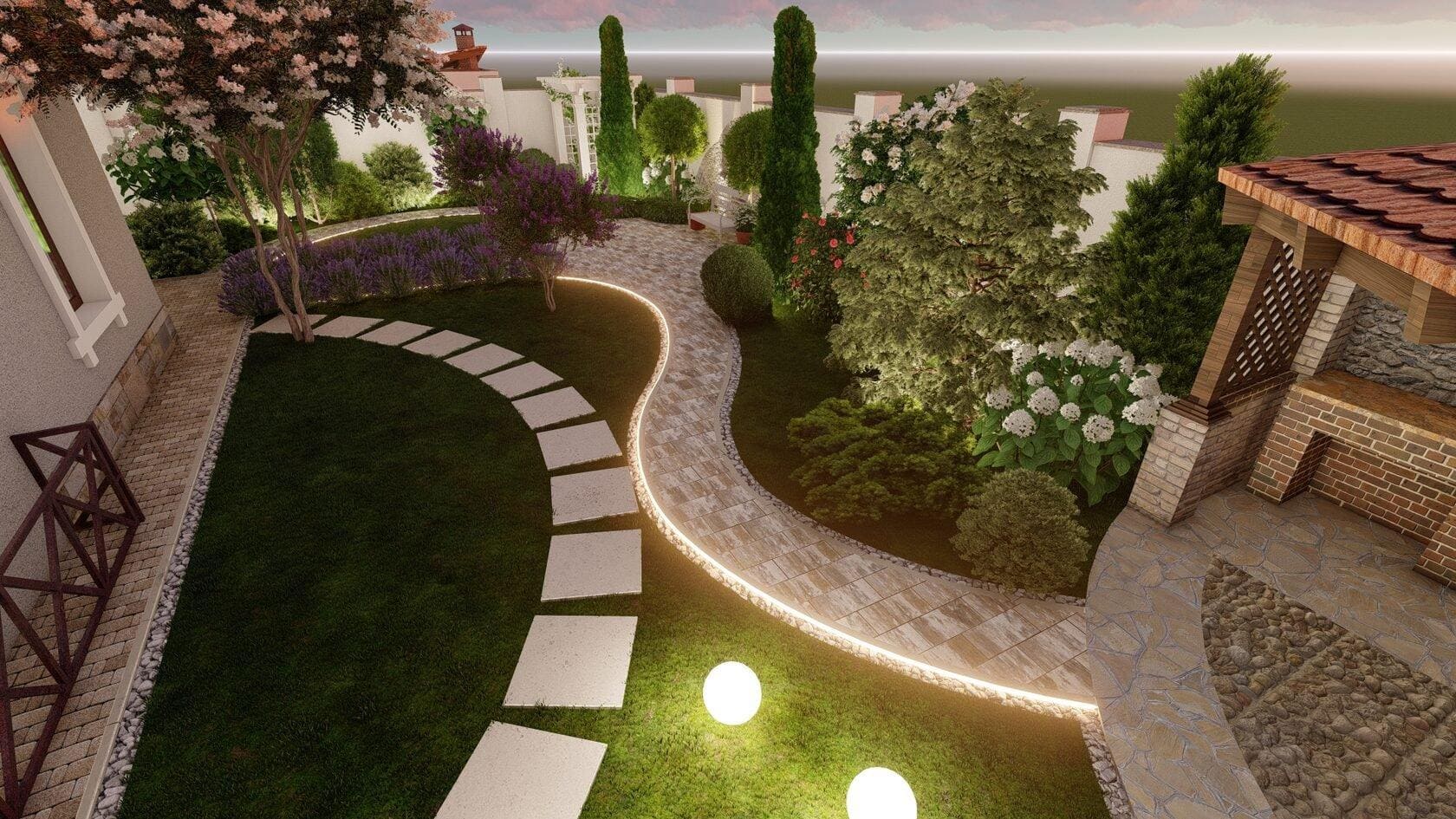The human spirit's innate connection to nature, known as biophilia, explains why green spaces are vital for our well-being. Historically, gardens have served as sanctuaries, calming minds and rejuvenating spirits. A well-designed green space offers a powerful antidote to modern stresses, providing a peaceful retreat. This deep-rooted human need for natural beauty and tranquility remains a universal constant.
From ancient Japanese Zen gardens to medieval monastic cloisters, cultures have meticulously crafted environments for introspection. These historical designs demonstrate a deliberate art form, using plants, water, and stone to guide visitors towards inner quietude. Such spaces were profoundly integrated into practices of mindfulness and spiritual harmony, underscoring their enduring cultural significance and therapeutic intent.
Modern psychological research consistently validates these ancient insights. Studies show that exposure to green spaces significantly reduces stress hormones, lowers blood pressure, and improves mood. The concept of "restorative environments" highlights how natural settings replenish cognitive resources, aiding recovery from mental fatigue. This scientific backing reinforces the therapeutic power inherent in engaging with nature's calming embrace.
Creating a dedicated garden retreat elevates this experience beyond general nature exposure. Unlike public parks, a private retreat offers an intimate, controlled environment where every element fosters serenity. It's a space intentionally crafted as a refuge from daily demands, providing a consistent spot for quiet contemplation. Zyntiumdep understands the profound value of such personal havens.
Key Insights from Garden Psychology 🧠
- Biophilic Design Principles: Incorporating natural patterns, materials, and views significantly enhances feelings of calm and connection. This approach fosters a deeper sense of belonging and reduces cognitive strain, promoting overall well-being.
- Sensory Engagement: A truly peaceful garden engages all senses—the scent of blossoms, the gentle sound of water, the varied texture of foliage. This multi-sensory experience grounds individuals in the present moment, enhancing mindfulness.
- Intentional Seclusion: Creating designated quiet zones or "secret gardens" within a larger space provides psychological safety and encourages introspection. Visual barriers enhance privacy and focus, making the retreat truly effective.
Deep Dive: Interpreting the Zen of Green 🧐
Biophilic design isn't just aesthetic; it optimizes our innate connection to life. Integrating natural light, organic forms, and native plants creates an environment resonating with our evolutionary history. This is about crafting a space that feels inherently "right" and deeply supportive for human flourishing and profound peace.

Sensory engagement is crucial, but balancing stimulation with tranquility is key. Overpowering scents or loud water features can overwhelm. The goal is subtle harmony, allowing each sensory input to contribute to a cohesive, calming experience. Gentle engagement, not demanding attention, defines true garden serenity.
Intentional seclusion is paramount for a true retreat. This doesn't require a vast area. Even a small nook, screened by plants, provides necessary psychological boundaries. Privacy allows for vulnerability and deep relaxation, critical for genuine restoration and mindfulness within the garden's embrace.
Individual preferences shape the "ideal" peaceful garden. While principles exist, personal memories and culture influence what feels most restorative. Some prefer minimalist Zen, others lush cottage styles. Zyntiumdep understands this, emphasizing personalized approaches to garden design for optimal, truly unique impact.
Technology, though seemingly counterintuitive, plays a subtle role. Automated irrigation or discreet lighting enhances convenience without disrupting tranquility. The aim is to remove mundane concerns, allowing users to fully immerse themselves in the present moment, free from maintenance distractions. It offers seamless support for contemplation.
A common pitfall is over-designing, creating a garden that feels too structured. The "Zen" aspect implies simplicity and connection to natural processes. Allowing natural flow or subtle wildness can be more calming than perfectly manicured beds. Beauty often lies in the imperfect, the evolving, and nature's gentle, unforced rhythms.
Cultivating Your Own Green Haven: Practical Applications ✨
- Personalized Sanctuary Creation: A peaceful garden is deeply personal. Focus on elements resonating with your senses and memories to craft a truly restorative space tailored to individual needs. Zyntiumdep guides this bespoke journey.
- Mindful Design Integration: Incorporate biophilic principles and sensory elements deliberately. Consider sounds, textures, and scents to foster a holistic environment that encourages present-moment awareness and calm reflection.
- Sustainable Serenity: Prioritize native, low-maintenance plants and efficient water use. A garden that thrives with minimal intervention reduces owner stress and contributes positively to ecological balance and long-term peace.




Comments (0)